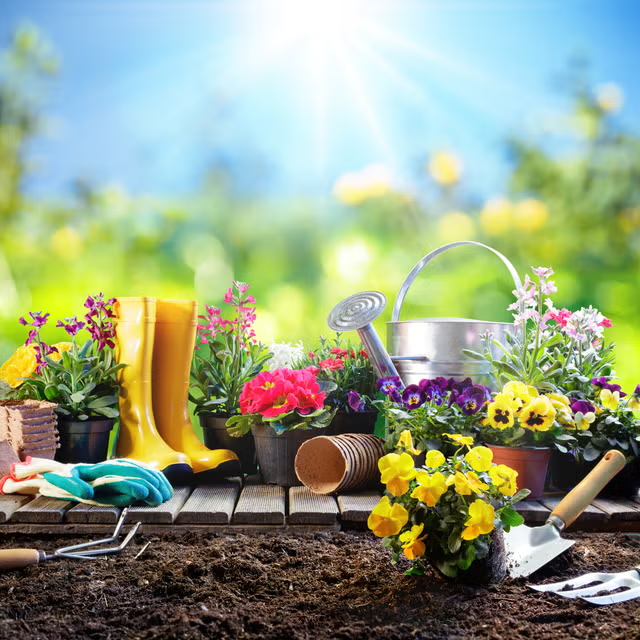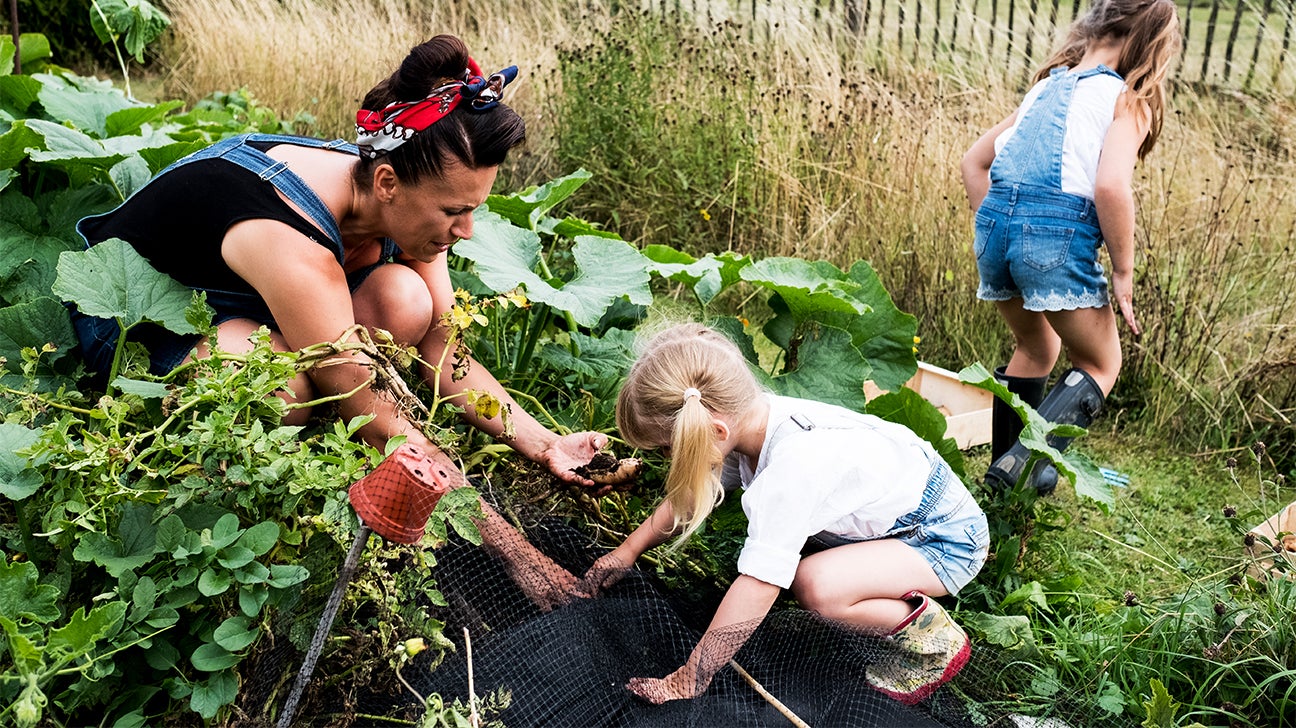Gardening 101: Building Your Ultimate Gardening Kit for Beginners
Wiki Article
Growing Eco-friendly Thumbs: a Newbie's Journey Into the World of Gardening
Are you eager to obtain your hands dirty and start expanding your own garden? Look no more! In this article, we'll take you on a newbie's trip right into the globe of horticulture. You'll learn more about picking the right plants, understanding soil and compost, and necessary gardening devices. We'll likewise instruct you watering and fertilizing methods and exactly how to manage common yard pests. Obtain prepared to cultivate your environment-friendly thumb and enjoy your yard flourish!Picking the Right Plant Kingdoms
1. Initially, you need to examine your horticulture area and figure out the variety of plants that will certainly fit comfortably. Since overcrowding can lead to stunted development and condition, this action is crucial. Action the dimensions of your garden beds or pots and determine the readily available area. Take into consideration the mature size of the plants you mean to grow. Some herbs and veggies require more space than others, so it's essential to do your research.When you have a clear concept of your gardening area, it's time to select the right plants. Think of what you take pleasure in eating or what flowers you discover most attractive. Consider the climate and sunlight conditions in your area. Specific plants thrive completely sunlight, while others like partial color. Keep in mind of any type of microclimates in your yard, such as areas that get much more or much less sunshine than the rest. This will aid you choose plants that are matched to your certain problems.
It's additionally vital to consider your degree of gardening experience. Opt for plants that are very easy to expand and require very little upkeep if you're brand-new to gardening. Herbs like basil, mint, and rosemary are forgiving and perfect for novices. Additionally, consider the length of your growing season. Select plants that have a much shorter maturity period if you live in a region with a much shorter growing season.
Comprehending Soil and Compost
To guarantee the success of your yard, it is crucial that you comprehend the relevance of soil and garden compost. Soil is the structure of your garden, offering nutrients, water retention, and assistance for your plants. It is necessary to have a great understanding of your dirt kind, whether it is sandy, clayey, or loamy, as this will determine the sorts of plants that will certainly thrive in your garden. Garden compost, on the various other hand, is a wonderful method to enhance the high quality of your dirt. It is made up of raw material, such as cooking area scraps, lawn waste, and leaves, that disintegrate in time. Including compost to your soil will enhance it with vital nutrients and boost its structure, enabling far better water drain and aeration. You can either make your very own compost using a garden compost container or purchase it from a garden. Keep in mind, a fertile and healthy and balanced soil is the essential to an effective yard, so take the time to recognize your soil and integrate compost to guarantee your plants thrive.
Essential Gardening Tools
An excellent set of gardening handwear covers is an essential to safeguard your hands from thorns, prickly plants, and dirt. A garden pipe or watering can is necessary for maintaining your plants moistened. A tough pair of trimming shears or secateurs is essential for cutting and shaping your plants.Watering and Fertilizing Strategies
:strip_icc()/person-raking-soil-89bf9d8a-febbfed23dec4038afc89777723f9404.jpg)
Managing Common Garden Vermin
As a novice garden enthusiast, you may run into usual yard pests that can damage your plants. These pests can range from bugs like beetles, aphids, and caterpillars, to small animals like rabbits and squirrels. It is very important to be able to deal and determine with these bugs efficiently in order to secure your plants and guarantee an effective garden.One of the very first steps in taking care of garden parasites is to frequently examine your plants for any kind of home gardening for beginners signs of invasion. Search for chewed fallen leaves, openings in the foliage, or the existence of little insects. It's vital to take activity immediately to avoid them from spreading out and triggering further damage. if you find any kind of pests.
There are numerous approaches you can use to manage yard insects. Furthermore, there are organic pest control sprays available that can aid hinder and eliminate common yard insects.
Remember, prevention is essential when it comes to managing yard parasites. Maintaining your yard complimentary and clean of debris can aid minimize the possibility of an infestation. Consistently eliminating weeds and dead plants can also help get rid of hiding locations for insects.

Final Thought
Congratulations on finishing your beginner's trip right into the globe of horticulture! By selecting the right plants, comprehending dirt and garden compost, utilizing vital horticulture devices, and mastering watering and fertilizing strategies, you have actually established on your own up for success. Do not fail to remember to remain alert in managing common garden parasites to ensure your plants thrive. With your newfound expertise and environment-friendly thumbs, your yard will flourish and bring you endless delight and charm (gardening tips for beginners). Delighted gardening!Dirt is the structure of your yard, providing nutrients, water retention, and assistance for your plants. It is vital to have a good understanding of your soil type, whether it is sandy, clayey, or fertile, as this will certainly establish the kinds of plants that will grow in your garden. Remember, a healthy and balanced and abundant dirt is the vital to an effective yard, so take the time to comprehend your soil and incorporate garden compost to ensure your plants grow.
As a beginner garden enthusiast, you might encounter typical garden bugs that can create chaos on your plants. It's crucial to be able to deal and recognize with these parasites properly in order to protect your plants and ensure an effective garden.
Report this wiki page